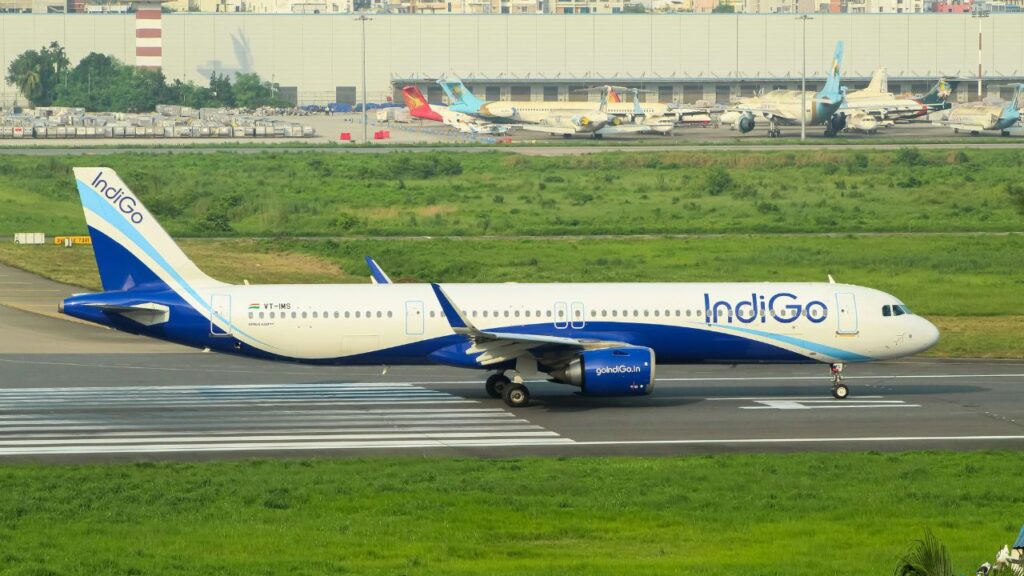India is set to produce between 8 million to 10 million tonnes of Sustainable Aviation Fuel (SAF) every year by the Financial Year 2040. This achievement could make India a significant exporter of SAF in the global market. According to a report by Deloitte India titled “Green Wings: India’s Sustainable Aviation Fuel (SAF) Revolution in the Making,” this transition requires substantial investments of around INR 6–7 lakh crore (approximately USD 70–85 billion).
Benefits of SAF Production
The production of SAF will support the aviation sector’s efforts to reduce carbon emissions, cutting down emissions by approximately 20–25 million tonnes annually. The report also highlights the expected economic benefits of this initiative, which could create between 1.1 and 1.4 million jobs across various sectors. Additionally, it could lower crude oil import costs by USD 5–7 billion each year.

Building a Sustainable Ecosystem
Viral Thakker, Partner and Sustainability and Climate Leader at Deloitte South Asia, emphasized that India’s SAF initiative goes beyond just fulfilling domestic demand. It aims to build a strong ecosystem that integrates technology, policy, and local communities. “By empowering farmers and cutting carbon emissions, SAF provides a roadmap for sustainable growth,” he said. With plenty of feedstock available, innovative technology, and supportive policies, India has a unique opportunity to meet its blending mandates and cater to global demand for SAF.
India has an estimated surplus of 230 million tonnes of agricultural residue, which will be crucial for producing SAF. This surplus can be used as a primary resource for ethanol (2G) production, essential for the Alcohol-to-Jet (AtJ) technology pathway in SAF manufacturing. The AtJ route will also initially use ethanol (1G) produced from sugar and grains until the technology advances further. In addition, Municipal Solid Waste (MSW) and used cooking oil (UCO) will also contribute to the SAF potential, while alternative feedstocks like sweet sorghum, seaweed, and industrial waste can further enhance production.

India’s Competitive Position
Prashanth Nutula, Partner at Deloitte India, noted that the global drive to produce SAF is quickly gaining momentum, positioning India favorably in the aviation fuel market, including SAF. With about 2–3 percent of the global Aviation Turbine Fuel (ATF) market, India is in a prime position due to its proximity to airline hubs in the Middle East and Europe.
By leveraging diverse feedstocks like agricultural residue and municipal waste, India can lay the groundwork for innovative waste-to-fuel technologies. By fostering collaboration across sectors, India can lead the way in sustainable aviation globally, creating both environmental and economic benefits for the future.


